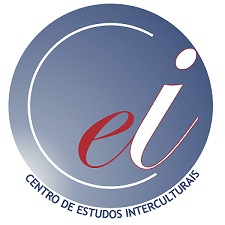18 May 2012 | 16.00 | ISCAP
ABSTRACT
Higher Education (HE) institutions of the 21st Century cannot ignore the changing nature of society, work and, consequently, education. Today’s students must be prepared to pursue their professional careers across borders as a new global workplace emerges.
Furthermore, uncontested remains the fact that improved intercultural consciousness fosters educated, comprehensive, reflective and in due course, more responsible individuals. While it is true that HE students are exposed to the idea that it is important to understand cultural differences, do they have the skills needed to deal with those differences and issues?
Storytelling is seen as an unwavering tradition throughout the world, across different cultures, and over time. Stories and storytelling were and are still used by many cultures as a means to communicate and pass down information to younger generations, to encourage questions, stimulate discussions or even to explain how one should live. They are regarded as a means to “socialization and enculturation”. Although storytelling is not new, the concept of Digital Storytelling is, especially within Higher Education in Portugal. In order to better understand Digital Storytelling as a means to foster intercultural awareness, a case study was carried out in a third year, undergraduate Translation and New Technologies Course in Business Communication at ISCAP-IPP.
We will present some of the stories and discuss our findings.
Bionote
Sandra Ribeiro lecciona no ISCAP, na área de Línguas e Culturas desde 2000. Presentemente é aluna de Doutoramento com Bolsa FCT no Programa Doutoral Multimedia em Education da Universidade de Aveiro, onde investiga Digital Storytelling no Ensino Superior, abordando subtemas como identidade, auto-representação e relações interpessoais no ensino superior. Integra o Centro de Estudos Interculturais desenvolvendo investigação em Digital Storytelling nas suas variadas vertentes. Integra ainda a Unidade de Inovação em Educação (PAOL), do ISCAP.

